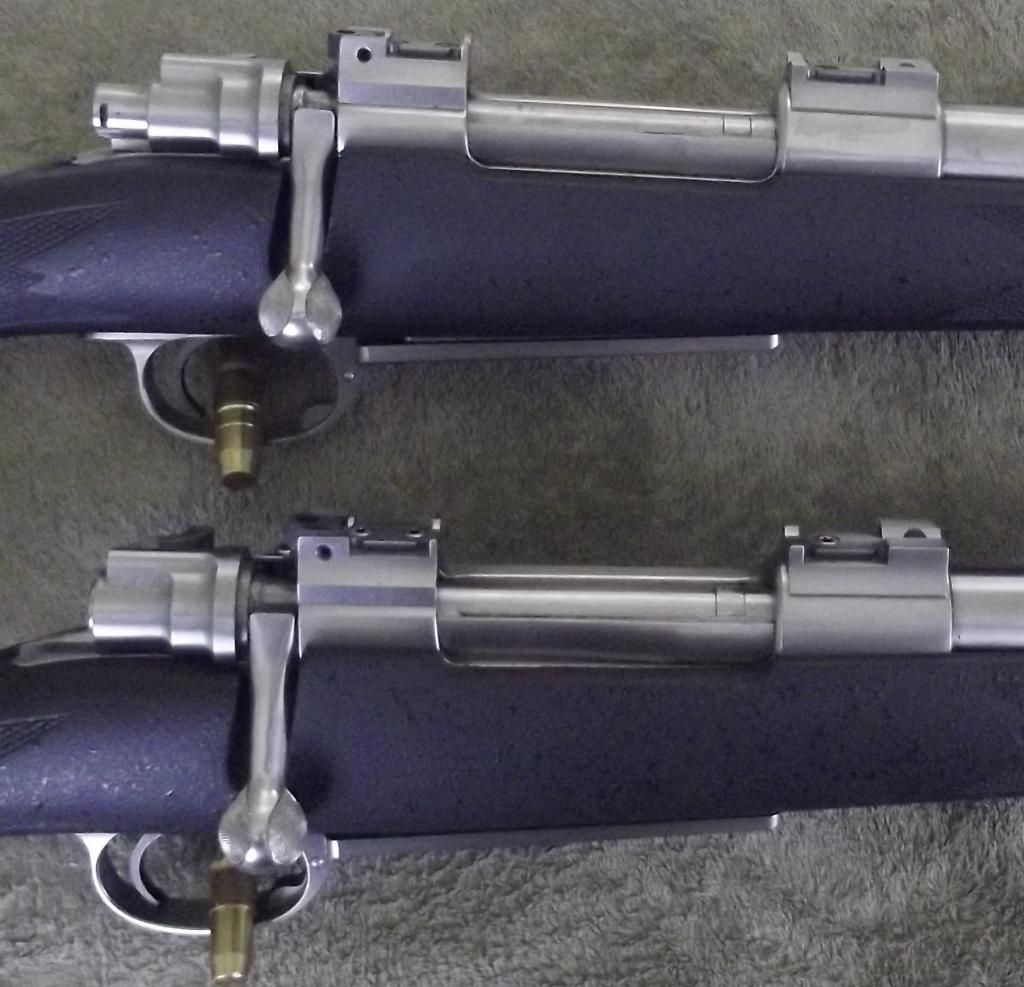

 The Accurate Reloading Forums
The Accurate Reloading Forums  THE ACCURATE RELOADING.COM FORUMS
THE ACCURATE RELOADING.COM FORUMS  Guns, Politics, Gunsmithing & Reloading
Guns, Politics, Gunsmithing & Reloading  Personal Defence And Concealed Carry
Personal Defence And Concealed Carry  Favorable court ruling on stun guns......
Favorable court ruling on stun guns......Go  | New  | Find  | Notify  | Tools  | Reply  |  |
| one of us |
xxxxxxxxxx When considering US based operations of guides/outfitters, check and see if they are NRA members. If not, why support someone who doesn't support us? Consider spending your money elsewhere. NEVER, EVER book a hunt with BLAIR WORLDWIDE HUNTING or JEFF BLAIR. I have come to understand that in hunting, the goal is not the goal but the process. | ||
|
| one of us |
Some more very good info on this decision full story at the link This could have far reaching effects http://www.gunwatch.blogspot.com/201...at-second.html In a historic, but extremely short unanimous opinion, the United States Supreme Court has confirmed that the Second Amendment applies "to all instruments that constitute bearable arms,". As this is an enormous class of nearly all weapons, the decision is properly applied to knives and clubs, and nearly all firearms that have been sold in the United States. Nearly all types of firearms are more common than stun guns. From nbcnews.com: But in an unsigned opinion, the U.S. Supreme Court Monday vacated that ruling. It said the Massachusetts court improperly found that Second Amendment protection applies only to weapons that were in common use at the time of the nation's founding. Referring to its landmark 2008 ruling on handguns in the home, the justices said the Second Amendment applies "to all instruments that constitute bearable arms," even those not in existence at the time of the founding. The unsigned opinion is very short. It is sparse, as noted by justices Thomas and Alito. Alito writes a much longer and more forceful opinion in concurrence. It could, and should, have gone much further. None the less, it is an enormous win for Second Amendment supporters, and it extends far beyond electric stun guns and Massachusetts. Because the opinion is short, here is the unanimous opinion, without Justice Alito's concurrence, which is at the link. | |||
|
One of Us |
Geez did I just slip into an alternate universe????? Jim "Life's hard; it's harder if you're stupid" John Wayne | |||
|
| One of Us |
So my h for the anti's saying the Second Amendment only applies to muskets. A bad day at the range is better than a good day at work. | |||
|
| Powered by Social Strata |
| Please Wait. Your request is being processed... |
|
 The Accurate Reloading Forums
The Accurate Reloading Forums  THE ACCURATE RELOADING.COM FORUMS
THE ACCURATE RELOADING.COM FORUMS  Guns, Politics, Gunsmithing & Reloading
Guns, Politics, Gunsmithing & Reloading  Personal Defence And Concealed Carry
Personal Defence And Concealed Carry  Favorable court ruling on stun guns......
Favorable court ruling on stun guns......

Visit our on-line store for AR Memorabilia

